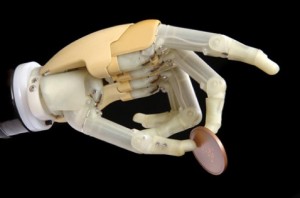I find myself in Boston in the US today, after a long couple of flights. Milan to Dublin wasn’t long but I only had an hour for the connection in Dublin, and in Milan they could not print my boarding cards so I had to go through a sort of check in process again – and it took ages.
First I queued up for 20 minutes to get my boarding card, no problem. Than I had to go through US clearance, new to me, but do what the man says when at the airport I always say. An incredibly long and arduous process of form filling in a hurry, through the body scanner, fingerprints, mug shot, another body scanner without shoes, constant race against time, very stressful (with 2 small children) and finally to the plane 2 minutes before leaving. Oh but it didn’t leave. We had to wait for the other late arrivers to get US clearance, so we waited 45 minutes on a full Airbus for the last few people.
Something struck me at the time, the security personnel were all American and the stars and stripes were everywhere. Then the strangest thing. We arrived in Boston and we didn’t have to clear customs or show our passports! In fact we came in through the domestic arrivals terminal and the person waiting for us was in the wrong place.
Then it struck me, we had come on a domestic flight over the Atlantic. The US border has moved, it now takes in part of Dublin airport!
The technology was incredible, I had to identify my bags on a photo as they were being loaded onto the plane, and they have all the information they need about me.
But just because the possibility exists and technological advancements mean that the border can move and information can be sent in real time to the rightful authorities does a state (the most powerful state in the world) have the right to use it in this way? And what about the political implications? I suspect that the Tajikistan government would find themselves in difficulty during the negotiation process if they wanted to enforce a similar line.
Rule Britannia, the waves maybe but certainly not the skies!
Technology and immigration


